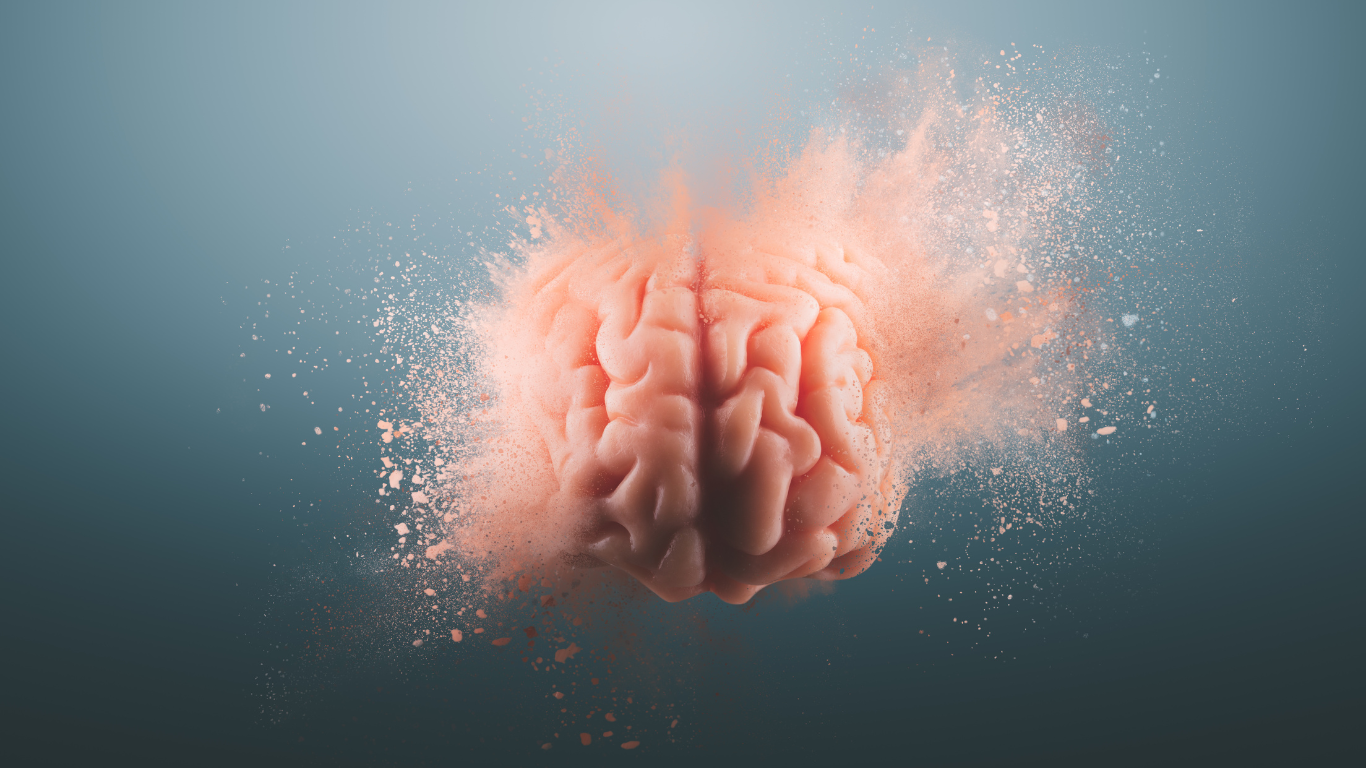Holly Joy McCabe
The Impact of Trauma on Brain Structures and Functioning
11 July 2024
Trauma can have profound and lasting effects on the brain, altering its structure and functioning in ways that impact attention, memory, and emotional regulation. Understanding these changes and exploring strategies to mitigate their effects can provide valuable insights into the healing process.
Trauma, whether from a single distressing event or prolonged exposure to adverse experiences, can leave deep imprints on the brain.
These imprints can affect various brain structures, leading to significant changes in cognitive and emotional functioning.
This blog delves into the impact of trauma on brain structures, explores how trauma affects attention, memory, and emotional regulation, and presents strategies for mitigating these effects.
Brain Structures Affected by Trauma
-
Based on research, fear is the main emotion that the amygdala is known to control. That’s why your amygdala is so important to survival.
The amygdala is crucial for processing emotions, particularly fear and anxiety. Trauma can cause the amygdala to become hyperactive, leading to heightened fear responses and difficulty regulating emotions.
-
According to Dr. Anna Hernández, the hippocampus is a small but complex brain structure that plays an important role in the process of learning and the formation of new memories.
Trauma can shrink the hippocampus, impairing memory formation and retrieval. This can result in flashbacks and difficulties distinguishing past from present experiences.
-
The PFC is responsible for executive functions such as decision-making, impulse control, and emotional regulation. Trauma can reduce the activity and volume of the PFC, leading to problems with self-control and regulation of emotions.
The PFC is crucial in attention, working memory, and cognitive control processes, with damage to this region leading to impairments in planning, goal attainment, and problem-solving ability (Miller and Cohen, 2001).
Changes in Attention, Memory, and Emotional Regulation
Trauma can disrupt attention, making it difficult for individuals to concentrate and stay focused. This can manifest as hypervigilance (constantly being on guard) or difficulty maintaining attention on tasks.
Attention
Trauma impacts memory in various ways. While some traumatic memories can become intrusive and vivid (flashbacks), other details may be suppressed or fragmented, making it hard to recall the event coherently.
Memory
Trauma affects the brain's ability to manage emotions, often resulting in heightened emotional responses, mood swings, and difficulty calming down after being upset. This can lead to conditions like anxiety, depression, and PTSD.
Emotional Regulation
Case Studies and Research Findings
A longitudinal study of children who experienced severe trauma showed significant reductions in hippocampal volume, correlating with memory impairments and emotional dysregulation.
A study on combat veterans with PTSD revealed that they had a smaller PFC and a hyperactive amygdala, which contributed to their heightened stress responses and difficulties in emotional regulation.
Research on adults who experienced childhood trauma found that these individuals had altered connectivity between the PFC and the amygdala, affecting their ability to regulate emotions and leading to increased anxiety and depression symptoms .
Strategies for Mitigating
These Effects
-
Therapy
Trauma-focused therapies, such as Eye Movement Desensitization and Reprocessing (EMDR) and Cognitive Behavioral Therapy (CBT), can help reprocess traumatic memories and reduce their impact on the brain.
-
Mindfulness and Meditation
Practices like mindfulness and meditation can strengthen the PFC, improve attention, and help regulate emotions. These practices encourage present-moment awareness and reduce the impact of traumatic memories.
-
Exercise
Physical activity can promote neurogenesis (the growth of new neurons) in the hippocampus, helping to counteract the shrinkage caused by trauma. Exercise also releases endorphins, which can improve mood and emotional well-being.



-
Social Support
Building a strong support network can provide emotional stability and help mitigate the effects of trauma. Connecting with others who understand and validate one's experiences can be incredibly healing.
-
Somatic Therapies
Somatic therapies, which focus on the body's sensations and movements, can help release stored trauma and tension, promoting healing at a deeper level. Techniques such as somatic experiencing and yoga can be beneficial.
-
Holly Joy McCabe
Getting expert guidance. It’s critical to have someone to help guide you step by step during your journey to support your healing.
If you’re interested in working with me, using my breakthrough method called The Satori Method, you can book a call here.

Conclusion
Trauma can have profound and lasting effects on the brain, impacting structures like the amygdala, hippocampus, and prefrontal cortex. These changes can disrupt attention, memory, and emotional regulation, leading to significant challenges in daily life.
However, with the right strategies and interventions, it is possible to mitigate these effects and promote healing. By understanding the impact of trauma on the brain, we can develop more effective approaches to support those on their healing journey.
LOVE & ZEN,
Ready to Heal? Here are ways to get support.
GET YOUR FREE EBOOK NOW!
BE IN THE KNOW:
SIGN UP FOR FREE EBOOK
FREE EBOOK! Find Your Zen: 10 Proven Ways to Manage Stress and Overwhelm for Today’s Modern Woman
References:
- Carrion, V. G., et al. (2007). "Stress Predicts Brain Changes in Children: A Longitudinal Study of Structural MRI in Youths." Journal of Pediatrics, 151(2), 199-203.
- Rauch, S. L., et al. (2006). "Neuroimaging and the Neuroanatomy of PTSD." CNS Spectrums, 11(S1), 30-41.
- Hanson, J. L., et al. (2010). "Early Stress Is Associated with Alterations in the Orbitofrontal Cortex: A Tensor-Based Morphometry Investigation of Brain Structure and Behavioral Risk." Journal of Neuroscience, 30(22), 7466-7472.
- https://www.osmosis.org/answers/hippocampus#
- https://www.sciencedirect.com/topics/medicine-and-dentistry/prefrontal-cortex
- https://my.clevelandclinic.org/health/body/24894-amygdala

© Copyrights by Brain Body Speak. All Rights Reserved.
Disclaimer.


